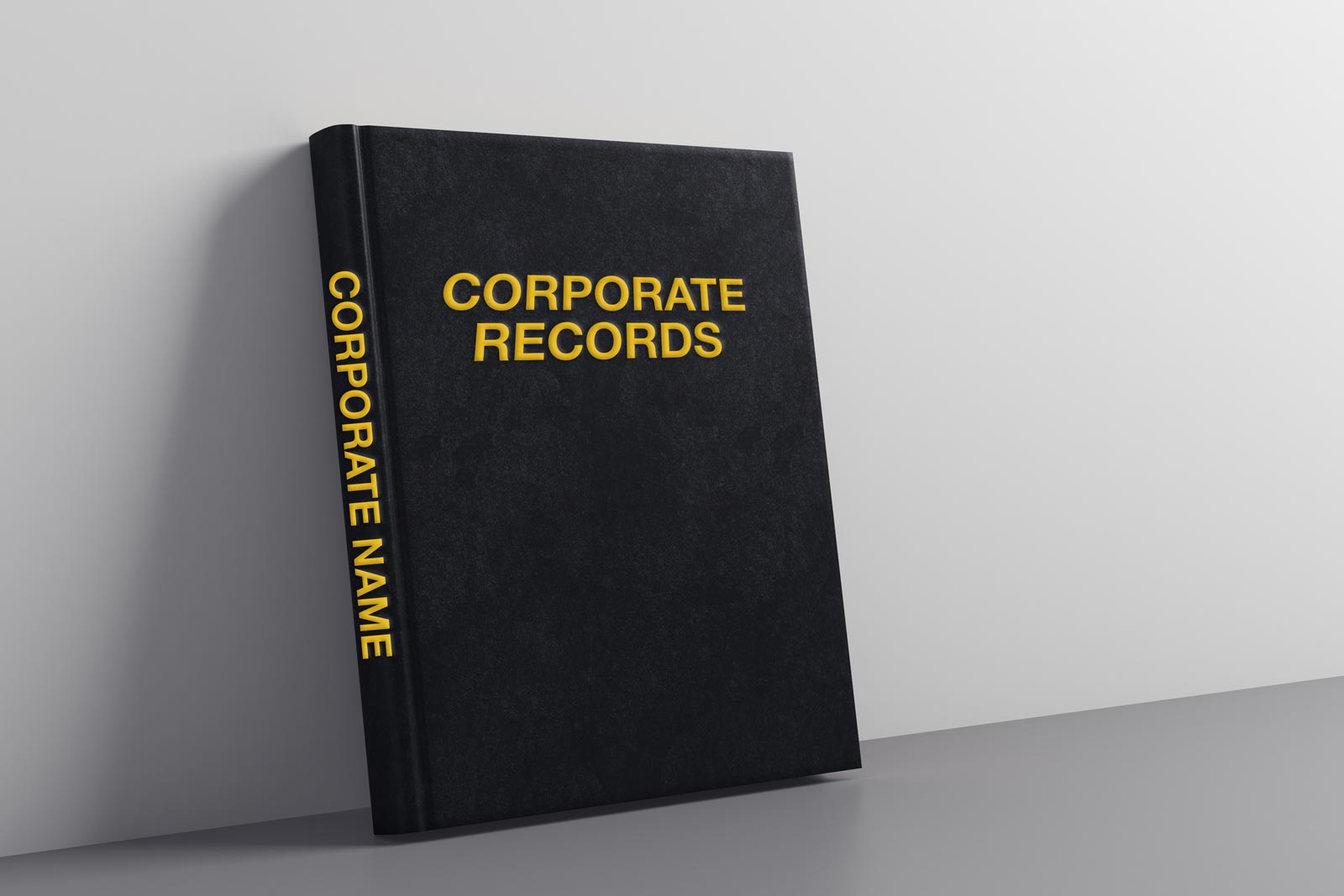Is your Corporate Minute Book up to date?
In our last blog, we discussed the advantages and disadvantages of incorporation. In this follow up blog, we will discuss the documents that are commonly drafted as a part of incorporating a British Columbia company. The British Columbia Corporate Registry (the “BCCR”) charges $351.00 to incorporate a company. The cost is the same whether you hire a lawyer to incorporate your company or whether you decide to incorporate yourself. Upon incorporation, the BCCR will provide a certified copy of an Incorporation Agreement, Notice of Articles and a Certificate of Incorporation. Your company will also be assigned a Canada Revenue Agency Business Number.
There are several other documents that should also be drafted as a part of an incorporation. These are discussed below and should form a part of a company’s Minute Book. You will likely have to provide these documents to your accountant and to your bank if you wish to open a bank account for your company. You will also need an up-to-date Minute Book if you wish to sell your business in the future.
- Corporate Name
Every B.C. company requires a unique corporate name. In B.C., the default corporate name is the company number as assigned by the BCCR, with the words “B.C. Ltd.” after the number. These companies are commonly referred to as numbered companies. If you wish to have a proper name for your company, it must be approved by the BCCR to make sure that it is acceptable and is not already being used. There is a nominal cost to reserve a corporate name in British Columbia.
- Articles
Every B.C. company is required to have Articles of incorporation. The Articles of the company govern the rules of how the company may operate. If applicable, the Articles should include the special rights and restrictions attached to the authorized share capital of the company.
- Share Structure
Before incorporating your company, you should carefully consider how many classes of shares you wish to authorize and how many shares of each class should be issued to the owners (shareholders) of the Company. Shares can have many features such as:
- Voting or non-voting
- With par value or without par value
- Participating or non-participating
- Redeemable or non-redeemable
- Retractable or non-retractable.
- Entitlement to dividends
- Central Securities Register
Before incorporating your company, you will have to determine who the shareholders of the company will be. You will also have to determine which classes of shares each shareholder should own and what features those shares should have. The Central Securities Register (or CSR) is a register that lists the names of the shareholders as well as the details of their shareholdings. The CSR is not a public document.
- Share Certificates
As a part of an incorporation, it is common for a company to issue a share certificate to its shareholders. A share certificate is evidence of ownership and will note whether the shares have any rights and restrictions attached to those shares.
- Transparency Register
As of October 1, 2020, most private B.C. private companies are required to maintain a Transparency Register. You can read more about Transparency Registers in our previous blog.
- Register of Directors and Officers
Every B.C. company is required to have at least one Director. The Directors of the company are responsible to make decisions on behalf of the company and have a fiduciary obligation to act in the best interest of the company. Although not required, it is common for Companies to have at least one Officer as well. The Officers are responsible for the day-to-day activities of the Company. Similar to a CSR, the Register of Directors and Officers lists the names of the directors and officers and is not a public document. It should be noted that the Director’s names are available to the public when performing a corporate search through the BCCR.
- Director’s Resolutions
Given that the Directors are responsible to make the decisions of the company, these decisions should be documented in the form of director’s resolutions. Some examples of decisions that directors make include amending the articles of the Company, altering the share structure of the company, approving the filing of the company’s annual report, and approving the payment of dividends to shareholders.
- Registered Address
A B.C. company must have a registered office and a records office, which must be in British Columbia. Both offices can be at the same location. The records of a company, commonly filed in a Minute Book, must be kept at the records office and made available for inspection during statutory business hours.
- Annual Report
Every company is required to file an annual report in order to remain in good standing. If a company fails to file an annual report for two consecutive years, it could result in the company being dissolved by the BCCR. Annual reports should be supported by annual Director’s Resolutions and Shareholder’s Resolutions.
If you have any questions about creating or maintaining your corporate Minute Book, please connect with Ish Lila or Shelly Lila at Ashdin Law – Corporate and Tax Lawyers, located in Coquitlam, B.C.
The above provides a practical overview about incorporations in British Columbia. This blog is for informational purposes only. Readers are cautioned this blog does not constitute legal or professional advice and should not be relied on as such. Rather, readers should obtain specific legal advice in relation to the issues they are facing.

